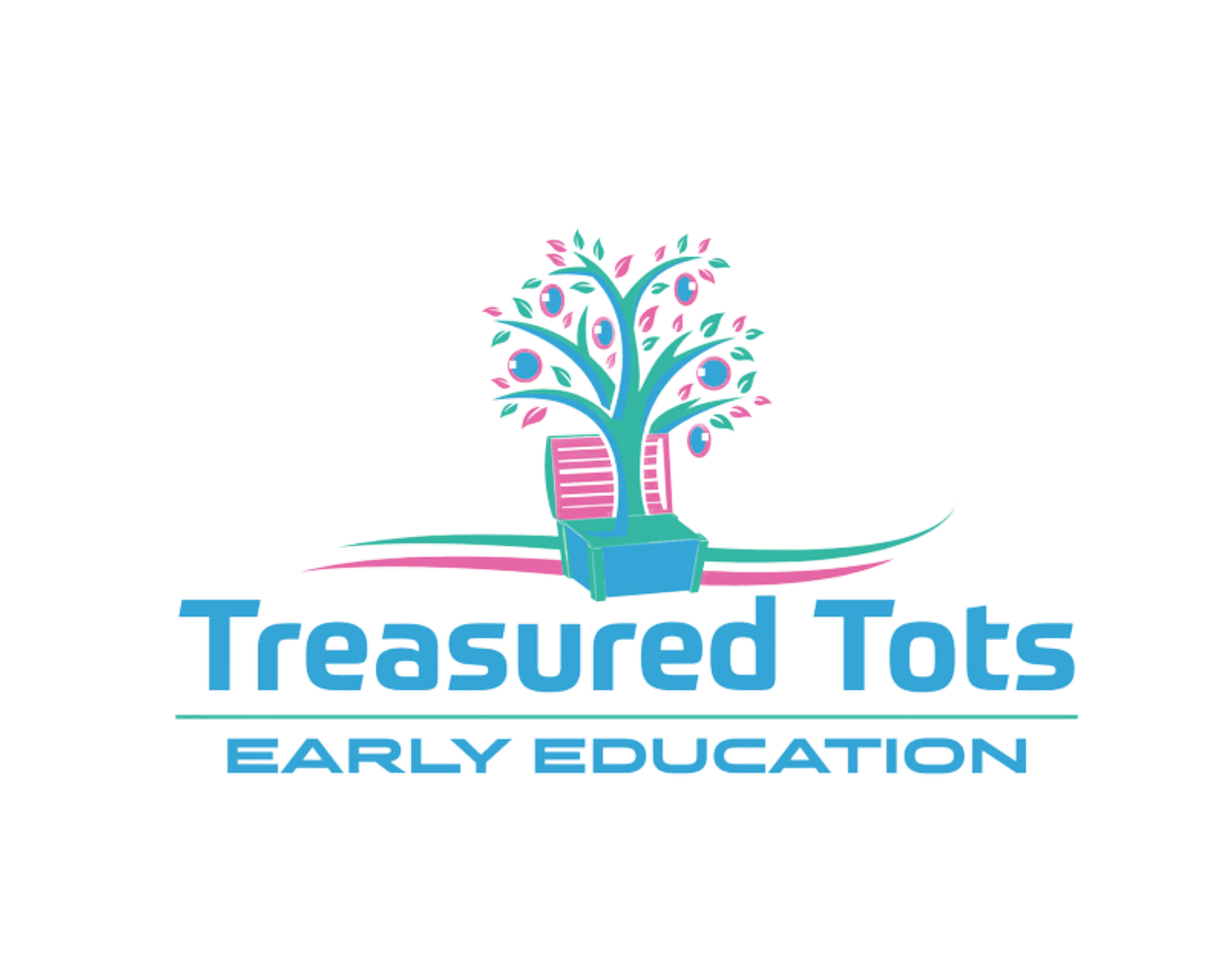The 3 Most Important Things To Teach Your Children
One of the most important things when it comes to raising children, is teaching them how to be good adults. We know there is no set formula in how to do this, but ensuring your child grows to be understanding, welcoming, good-natured and good-hearted starts right at the beginning.
Even though there’s no one-size-fits-all approach, there are some attributes that you can start to foster in your children while the are young which will equip them for like as an adult.
Curious Minds
Curiosity is a great attribute to foster in your children and is really the basis for so much in life. Curiosity allows children to discover the world around them, creating relationships, and finding out what provides happiness and joy. There are several ways to raise a curious child and for most children, you really don’t need to do a lot – they are born with a need to discover and a need to learn.
One of the biggest things you can do at home to model an enjoyment and a love of learning. Let them see you reading, read to them or with them, talk to them about what you have learnt and let them see you discovering new things yourself.
Trying new things with your children is also another great way to build their curious minds. It doesn’t even need to be anything major – a new food or visiting a new park or playground is enough to get them thinking. Talking, asking questions and teaching children to find answers is also an important part of growing their curiosity.
If your child is already curious about a particular subject, why not spend the time to find out why they find it interesting? It may be part of their development, or it may be an interest you can help them grow further.
Financial Literacy
When we talk about children and financial literacy, we don’t believe in making children think that money is everything. However, children should be aware of how money is relevant in real life so that they understand not only the value of money, but the value of the work that goes into obtaining that money. Instilling the value of working hard and understanding where money comes from is important. Simply starting with a money box or piggy bank is a great way to help children understand how money can grow, and as they get older, linking doing jobs around the home with earning money will help establish that link even further.
You can find a list of age appropriate jobs around the home here. How much you pay your child is a completely independent thing and will be based on your own income and what works for your children. Providing payment for the jobs they are doing allows them to develop money management skills that will come in handy later on in life.
Resilience
Apart from a curious mind, resilience is one of the most important things you can teach your child, again starting from a young age. Developing the ability to try again after an obstacle is placed in their way, or to try again when the first way didn’t work allows children to learn not only problem solving skills but to also stand back up and try again when they fall.
How to raise a resilient child? There’s plenty of ways you can help grow your child’s resilience including not eliminating all risk, developing problem solving skills, asking “how” instead of “why” and letting them make mistakes.
As parents and caregivers, we know that you want to keep your child safe, but eliminating all elements of risk, stops them from learning and stops developing that curious mind we spoke about earlier. Stopping your child from using the bed as a diving board when they are two is important but teaching them how to ride a bike when young, can help teach what risks are appropriate and what aren’t. Age-appropriate freedom lets children learn their own limits.
Teaching problem solving skills is something your child will have with them for life. Work with them to navigate problems they may come up against and how they may approach those problems. Issues such as being nervous or anxious about exams, or worried about going on a school camp are all normal for children, but with the right skills and encouragement, children can learn how to manage and overcome these problems, setting them up for the workplace when they are older. Another way to develop problem solving skills is to ask your child “how” instead of “why”. Encourage your child to come up with a solution instead of just an answer.
Making mistakes is a normal part of childhood (and adulthood as well). It’s how we learn what works and what doesn’t work, and what we can do next time to change the result. It is hard to watch your child make mistakes that are easy not to make, but it does help them learn that the world isn’t going to fall down around them if they fail to do or achieve something.
Teaching children to be good adults forms part of the background to our Wellness Program. With the intention to promote self-esteem, resilience and emotional regulation, this program has been developed to help children be more prepared for life as they grow, developing strong foundations to take them through school and into the workplace.
If you’d like to help develop your child into a healthy, well-rounded and resilient teen and adult, talk to the team at Treasured Tots. We’d love to discuss how our Wellness Program can assist you and your child.

